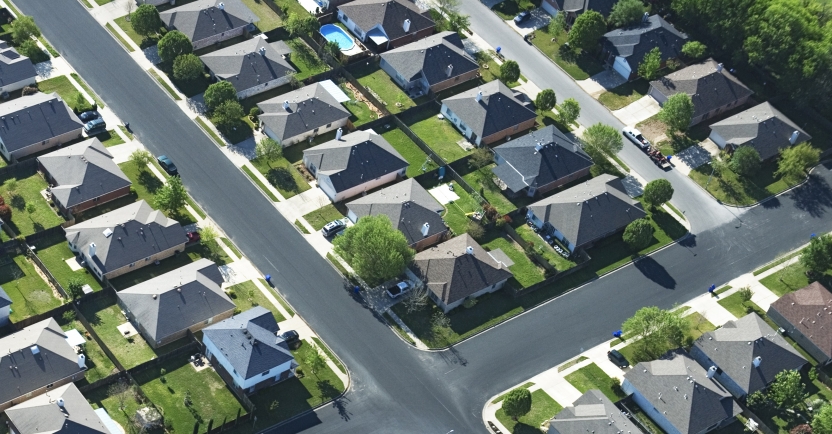ECOBLOCK - Research program on city retrofitting

The Foundation is supporting a study which aims at demonstrating capability and scalability in retrofitting a sustainable neighborhood
Context
Until the 2nd half of the 20th century, urban expansion in the U.S. occurred through a development pattern of gridded neighborhood suburbs. Nowadays, they need to be renovated and their original design needs to be re-thought taking into account climate change.
Project description
The Rexel Foundation supports the EcoBlock experiment in Oakland (California), an applied research program centered on city retrofitting which aims to test the hypothesis that retrofitting on the block-scale is more efficient than the individual house-scale because it combines the flows and efficiencies across multiple units.
Execution
A pilot system will be blueprinted and built in Oakland’s northwestern Golden Gate neighborhood to demonstrate a highly-efficient, affordable neighborhood block-scale energy, water, and wastewater treatment-and-reuse platform and retrofitting-process that can be replicated anywhere else.
Rexel in the US and the Group’s American subsidiary Platt, will contribute to the funding of the project but also donate equipment and provide their expertise to support its execution.
Objectives
- Individually retrofitting the energy, water and waste-water systems of 28 contiguous houses in the block to repurpose them into high performance dwellings;
- Linking them into an “intelligent” operating system that relies on solar energy to respond to the block’s energy demand and reduces residential water consumption by combining wastewater and grey-water recycling, rainwater collection, efficient fixtures and taps.
The project will help design new regulations to accelerate sustainable neighborhood retrofitting, and engage financial institutions to create financing solutions that stimulate the scaling of sustainable neighborhood block-repurposing at affordable cost.
Find out more about the EcoBlock experiment
The EcoBlock experiment relies on a cross-disciplinary, whole-systems design approach to retrofitting the block from a high energy and water dependency to the lowest energy and water footprint possible – transforming an obsolete, resource-wasteful model into an integrated design that guarantees long-term sustainability.
The program will be led by a team of urban designers, engineers, social scientists and policy experts from Berkeley, Stanford, Lawrence Berkeley Labs and NASA Ames Research Center, working in cooperation with block residents.
The project is also supported by local non-profits, grassroots organizations, PG&E, EBMUD, the City of Oakland and the State of California. It will be 100% underwritten by a mix of corporate and private foundations, as well as state and federal funding. Property owners bear no cost.

